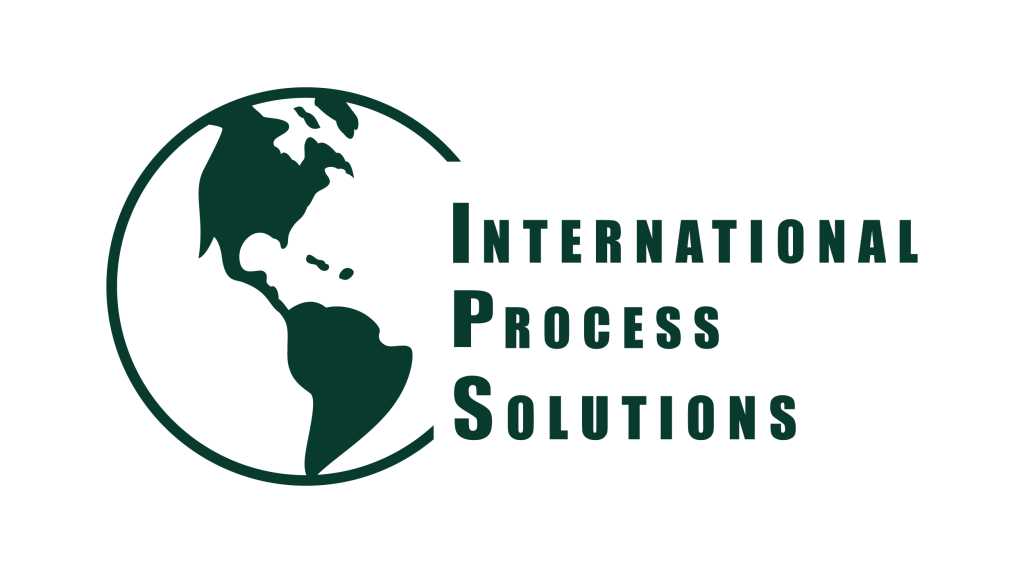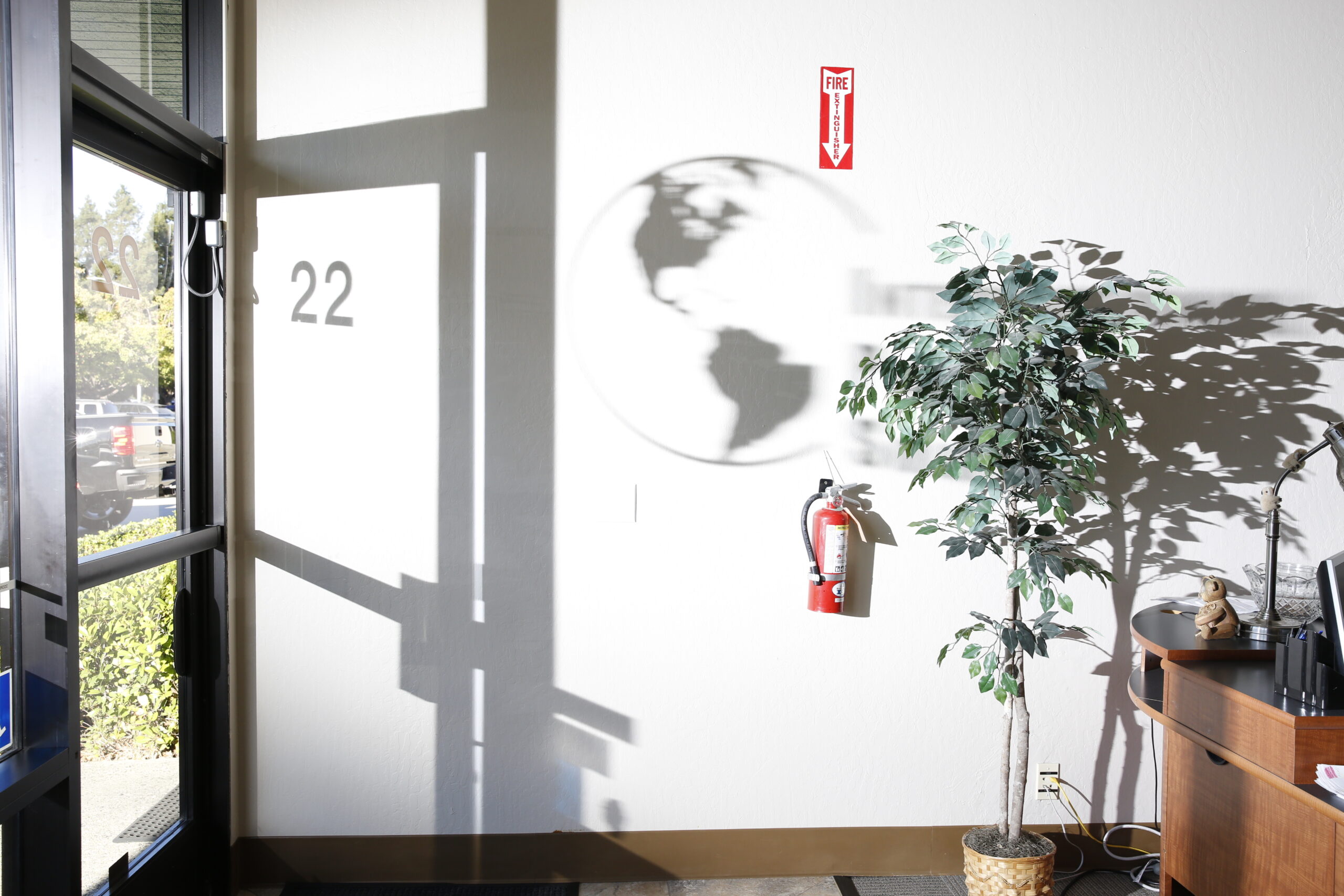At International Process Solutions (IPS), we understand that accurate pipette performance is crucial for laboratories, research facilities, and quality control departments. Proper pipette calibration is not only essential for maintaining compliance with industry standards but also for ensuring the reliability of your experimental results. Below, we provide comprehensive guidelines on how often to calibrate pipettes, factors that influence calibration frequency, and best practices to maintain the integrity of your equipment.
Why Pipette Calibration Frequency Matters
Pipettes are precision instruments designed to deliver exact volumes of liquids. Over time, factors such as mechanical wear, improper handling, and environmental conditions can cause deviations. Without a proper calibration schedule, these deviations can lead to significant measurement errors, affecting productivity, quality, and regulatory compliance. Regular calibration helps maintain:
- Accurate volume delivery
- Compliance with ISO, GLP, and FDA standards
- Reproducibility of test results
- Extended pipette lifespan
Industry Standards for Pipette Calibration Frequency
While there is no single universal rule, most regulatory agencies and quality standards suggest calibrating pipettes at least every 6 to 12 months. However, the optimal frequency depends on several factors unique to each organization.
At IPS, we typically recommend:
- Standard Laboratory Pipettes: Every 6 months for moderate use.
- High-Use Pipettes (daily usage): Every 3 months or quarterly.
- Critical Application Pipettes (regulated industries): Monthly or bi-monthly calibration to comply with stringent requirements such as ISO 8655.
For companies under strict regulatory oversight, following ISO 17025 accredited calibration schedules is often mandatory to meet audit requirements.
Key Factors That Influence Calibration Frequency
Several factors impact how often you should calibrate pipettes:
1. Usage Intensity
The more frequently a pipette is used, the faster its internal components experience wear. High-volume labs typically require quarterly calibration or even monthly verification checks.
2. Application Criticality
For laboratories where traceability and accuracy are mission-critical—such as pharmaceutical manufacturing, clinical testing, or forensic analysis—more frequent calibration ensures compliance with FDA, CLIA, and ISO regulations.
3. Pipette Type and Volume Range
Single-channel, multi-channel, and electronic pipettes may require different schedules. Smaller volume pipettes (e.g., 2 µL – 20 µL) are more sensitive to deviations and may need shorter calibration intervals.
4. Environmental Conditions
Pipettes used in harsh or fluctuating environments (high humidity, extreme temperatures, or exposure to corrosive chemicals) often drift out of tolerance faster, necessitating more frequent calibration.
5. Past Performance and Quality Control Data
Tracking historical performance helps determine patterns. If certain pipettes consistently remain in tolerance over time, calibration intervals can be adjusted accordingly. Conversely, pipettes frequently found out-of-spec should have shorter calibration cycles.
Recommended Best Practices for Pipette Calibration
At IPS, we follow strict calibration and preventive maintenance protocols designed to maximize pipette accuracy and lifespan:
1. Implement a Formal Calibration Program
Document and maintain a clear calibration schedule for each pipette. Assign responsibility to a designated team member or department to ensure compliance.
2. Perform In-House Verification Between Scheduled Calibrations
Use gravimetric testing or photometric verification to check pipette accuracy between scheduled calibrations. This proactive approach helps identify early performance drifts.
3. Train Personnel on Proper Pipette Handling
Improper handling—such as dropping pipettes, using the wrong tips, or aspirating incompatible liquids—can lead to calibration drift. Ongoing staff training ensures best practices are followed.
4. Maintain Pipettes in Controlled Storage
Store pipettes vertically when not in use to avoid internal contamination. Ensure proper cleaning after each use, especially when handling corrosive or viscous samples.
5. Leverage Accredited Calibration Services
Work with an ISO 17025 accredited service provider like IPS to ensure precise and compliant calibration. We offer on-site calibration within 24–48 hours to minimize downtime and meet urgent needs.
How International Process Solutions Ensures Compliance and Accuracy
As a trusted partner for leading laboratories and manufacturers, IPS offers a comprehensive pipette calibration program that includes:
- Multi-point gravimetric and photometric calibration following ISO 8655 standards
- Full preventive maintenance (inspection, lubrication, and replacement of worn parts)
- Detailed calibration certificates with before-and-after data traceable to NIST standards
- Flexible service options – on-site or at our accredited lab
- Rapid response service for emergency calibration needs within 24–48 hours
Our team of certified technicians uses industry-leading equipment to ensure your pipettes meet or exceed regulatory tolerances. We tailor our calibration plans to each client’s workflow, usage patterns, and compliance requirements.
Creating a Pipette Calibration Schedule for Your Organization
Every lab has unique needs. To establish an optimal schedule:
- Categorize pipettes by usage level and application criticality.
- Review historical performance data.
- Assess regulatory requirements relevant to your industry.
- Work with a calibration provider to define a tailored program.
IPS offers custom calibration schedules to ensure compliance while minimizing downtime and costs. By implementing a structured plan, you can significantly reduce the risk of costly rework, audit findings, or invalidated results.
Consequences of Skipping or Delaying Pipette Calibration
Delaying calibration can have severe repercussions:
- Regulatory penalties or failed audits in pharmaceutical or medical device industries.
- Inaccurate test results, leading to costly rework or compromised patient safety.
- Damage to reputation due to inconsistent or unreliable data.
Regular calibration ensures traceability and builds trust with clients and auditors.
Partner with IPS for Reliable Pipette Calibration
At International Process Solutions, our mission is to help laboratories maintain the highest levels of precision and compliance. With our accredited technicians, advanced calibration methods, and rapid turnaround, we provide the peace of mind that your pipettes will perform accurately and consistently.
Contact us today to learn more about our custom calibration programs, or to schedule on-demand calibration within 24–48 hours. With IPS, you gain a dedicated partner committed to maintaining your operational excellence.




